BU’s researchers Dr. Pramod Raj Regmi and Dr. Nirmal Aryal have recently visited Malaysia for a consultation meeting. They organised meetings with stakeholders working on migration health related and Nepali migrant workers as Public Patient Involvement (PPI ) in Malaysia. These meetings discussed risk factors for sudden nocturnal deaths and kidney disease among Nepali migrant workers in Malaysia.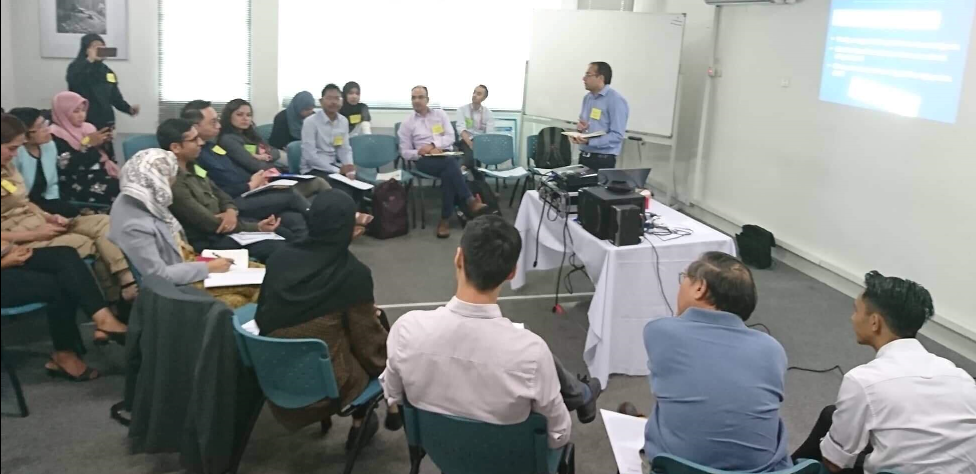
More than 350 Nepali migrant workers die in Malaysia every year. Nearly one-fourth of them die from cardiovascular problems often during their sleep, many without previous signs or illnesses. This also seems to be the case in South Asian workers in the Middle-East. The cause of death is hitherto unknown. During a consultation meeting on 19th April, participants suggested several possible causes of these deaths and strongly supported the idea of carrying out verbal autopsy with close friends, employers, roommates, etc. The emerging health issue of kidney health risk among Nepali migrant workers and its risk factors were also discussed. A total of 25 participants attended the meeting. Participants from many different disciplines [1], including from migration health researchers from several universities, migrant workers’ non-governmental organizations (NGO), the Malaysian Ministry of Health, and International Organization for Migration (IOM) Malaysia. FHSS’s Drs Aryal and Regmi facilitated the consultation workshops.
On the same day, Dr. Regmi and Dr. Aryal met with the Nepali ambassador to Malaysia Mr. Udaya Raj Pandey and his team and discussed migration issues. The Nepali Embassy in Malaysia is aware of these health problems and the ambassador committed to provide any support required for further investigation in these issues.
 On 20th April, another PPI was carried out among Nepali migrant workers at their living quarters. Around 20 Nepali migrant workers participated. During this meeting, issues of sudden nocturnal deaths and acceptability and feasibility of verbal autopsy tools, problem of kidney disease and its possible triggers were discussed. The research into the usefulness of verbal autopsy tool as a good example of BU’s FUSION, since research can lead to a change in practice regarding health of migrant workers through better education of the migrant community, their left-behind families and NGOs working in the field.
On 20th April, another PPI was carried out among Nepali migrant workers at their living quarters. Around 20 Nepali migrant workers participated. During this meeting, issues of sudden nocturnal deaths and acceptability and feasibility of verbal autopsy tools, problem of kidney disease and its possible triggers were discussed. The research into the usefulness of verbal autopsy tool as a good example of BU’s FUSION, since research can lead to a change in practice regarding health of migrant workers through better education of the migrant community, their left-behind families and NGOs working in the field.
These consultation meeting and PPI were intended to develop basis for further research in these area and build collaboration in Malaysia. The NGOs North-South Initiatives (Mr. Adrian Pereira and his team) and Migrant Workers’ Health Alliance (Dr. Erwin Martinez Faller and his team) have locally co-ordinated these events. These activities were conducted from the QR pump-priming fund awarded to Dr. Aryal this year in FHSS.
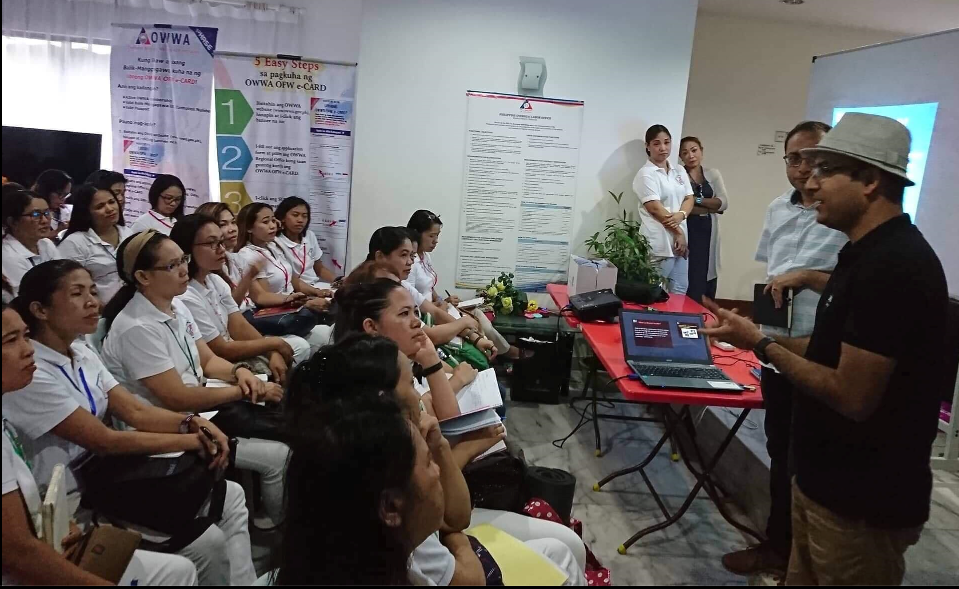 Finally, on 21st April, Dr. Regmi and Dr. Aryal were invited to the Philippine Embassy to share knowledge on mental health risk among migrant workers. They have presented findings of previous BU’s research on it as well as existing evidence on mental health risk on migrant workers and their left-behinds. More than 60 Filipino migrant workers attended the event.
Finally, on 21st April, Dr. Regmi and Dr. Aryal were invited to the Philippine Embassy to share knowledge on mental health risk among migrant workers. They have presented findings of previous BU’s research on it as well as existing evidence on mental health risk on migrant workers and their left-behinds. More than 60 Filipino migrant workers attended the event.
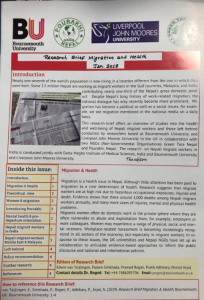 As Malaysia is a popular destination for migrant workers from Asia Pacific and South Asia (there are currently more than 700,000 Nepali workers in Malaysia), these consultations will play a significant role in designing and developing grant applications to promote health and wellbeing of migrant workers. This consultation meeting builds on recent work on the topic conducted at BU [2-14] as highlighted in the recent Research Brief Migration and Health (Jan. 2019).
As Malaysia is a popular destination for migrant workers from Asia Pacific and South Asia (there are currently more than 700,000 Nepali workers in Malaysia), these consultations will play a significant role in designing and developing grant applications to promote health and wellbeing of migrant workers. This consultation meeting builds on recent work on the topic conducted at BU [2-14] as highlighted in the recent Research Brief Migration and Health (Jan. 2019).
References:
- van Teijlingen, E., Regmi, P., Adhikary, P., Aryal, N., Simkhada, P. (2019). Interdisciplinary Research in Public Health: Not quite straightforward. Health Prospect, 18(1), 4-7.
- Aryal, N., Regmi, P.R., van Teijlingen, E., Simkhada, P., Mahat, P. (2019) Adolescents left behind by migrant workers: a call for community-based mental health interventions in Nepal. WHO South East Asia J Public Health 8 (1): 38-41.
- Adhikary P, Sheppard Z., Keen S. van Teijlingen E (2018) Health and well-being of Nepalese migrant workers abroad, Int J Migration, Health Social Care 14(1): 96-105
- Simkhada, P.P., van Teijlingen, ER., Gurung, M., Wasti, S. (2018) A study of Health Problems of Nepalese Female Migrants Workers in the Middle-East & Malaysia, BMC Int Health Human Rights 18(1):4.
- Adhikary P, Sheppard Z, Keen S, van Teijlingen E (2017) Risky work: Accidents among Nepali migrant workers in Malaysia, Qatar & Saudi, Health Prospect 16(2): 3-10
- Simkhada P, Regmi, P, van Teijlingen E, Aryal N (2017) Identifying gaps in Nepalese migrant workers’ health & well-being: A review of literature J Travel Med 24(4): 1-9
- Aryal, N., Regmi, PR., van Teijlingen, E., Simkhada, P., Adhikary, P., Bhatta, YKD., Mann, S. (2016) Injury & Mortality in Young Nepalese Migrant Workers: A Call for Public Health Action. Asian-Pacific J Public Health 28(8): 703-705.
- Aryal, N., Regmi, PR., van Teijlingen, E., Dhungel, D., Ghale, G., Bhatta, GK. (2016) Knowing is not enough: Migrant workers’ spouses vulnerability to HIV SAARC J Tuberculosis, Lung Diseases HIV/AIDS 8(1):9-15.
- Joshi, S., Prescott, G., Simkhada, P., Sharma, N., Bhurtyal, Y. (2014). Knowledge and Risk Perceptions about HIV/AIDS among Nepalese Migrants in Gulf Countries: a Cross-sectional Study. Health Sci J, 8 (3) pp 350-36
- Sapkota, T., Simkhada, P., van Teijlingen, E. (2014) Nepalese health workers’ migration to United Kingdom: A qualitative study. Health Sci J 8(1):57-74.
- Joshi S, Simkhada, P, Prescott, G (2011) Health problems of Nepalese migrants working in three Gulf countries, BMC Int Health Human Rights, 2011, 11:3
- Adhikary P, Keen S, van Teijlingen E. (2011) Health Issues among Nepalese migrant workers in Middle East. Health Sci J 5: 169-75.
- van Teijlingen E, Simkhada, P, Adhikary P. (2009) Alcohol use among the Nepalese in UK. BMJ Rapid Response www.bmj.com/cgi/eletters/339/oct20_1/b4028#223451
- Adhikary, P., Simkhada, P., van Teijlingen, E., Raja, A. (2008). Health and Lifestyle of Nepalese Migrants in the UK; BMC Int Health Human Rights, 8(6).
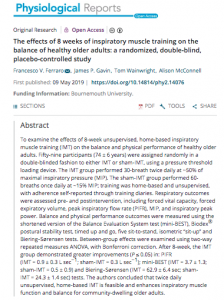 The article titled “The effects of 8 weeks of inspiratory muscle training on the balance of healthy older adults: a randomized, double-blind, placebo-controlled study” has been published by Physiological Reports.
The article titled “The effects of 8 weeks of inspiratory muscle training on the balance of healthy older adults: a randomized, double-blind, placebo-controlled study” has been published by Physiological Reports.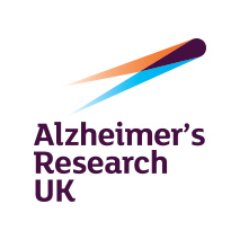 Alzheimer’s Research UK have opened applications to the Inspire Fund, their new public engagement grant scheme, to support more people to engage the public with dementia and research into the condition.
Alzheimer’s Research UK have opened applications to the Inspire Fund, their new public engagement grant scheme, to support more people to engage the public with dementia and research into the condition.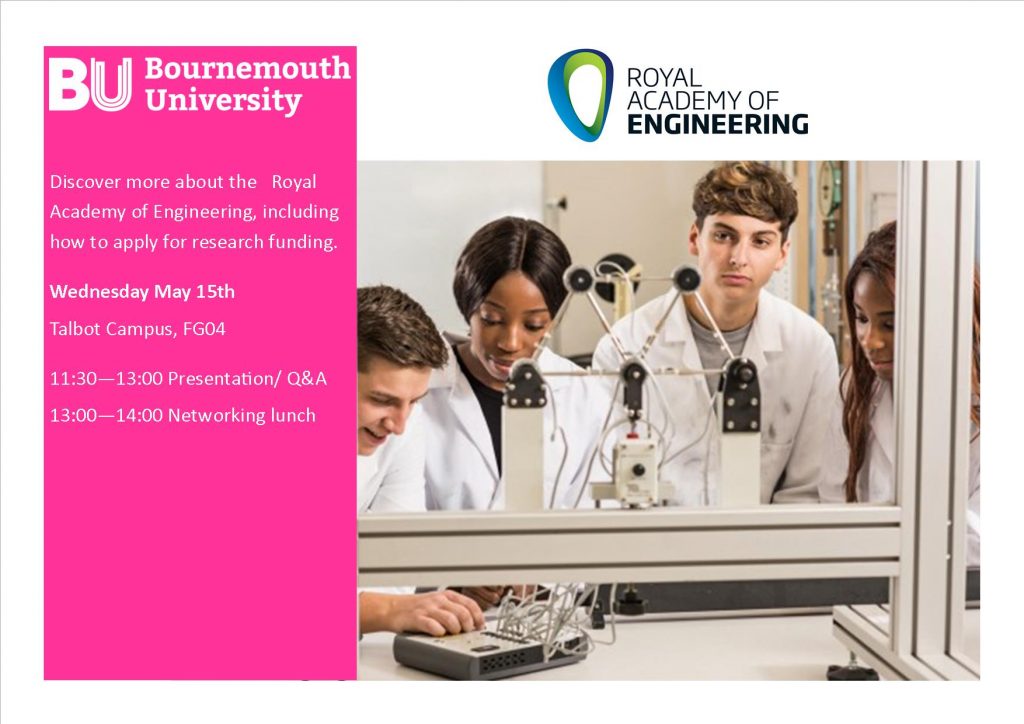 Engineering matters. It underpins our daily lives, drives economic growth, plays a critical role in addressing major societal challenges and helps ensure our readiness for the future, from providing a sustainable supply of food, water and clean energy, to advancing healthcare, and keeping us safe and secure.
Engineering matters. It underpins our daily lives, drives economic growth, plays a critical role in addressing major societal challenges and helps ensure our readiness for the future, from providing a sustainable supply of food, water and clean energy, to advancing healthcare, and keeping us safe and secure.



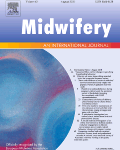
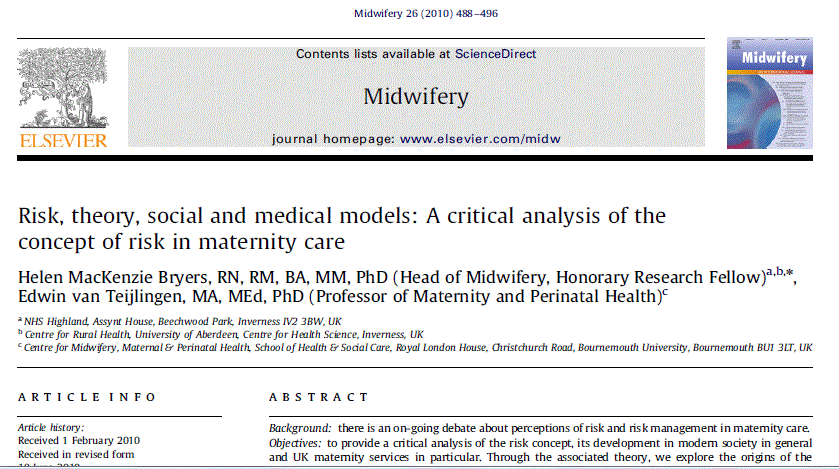





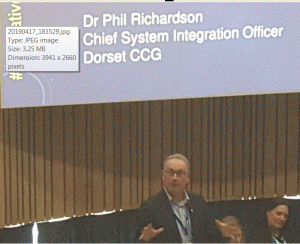

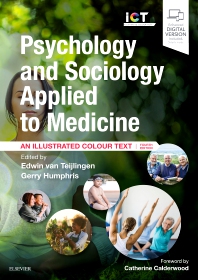
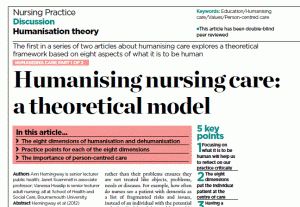
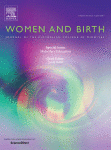
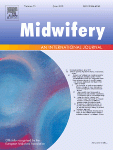
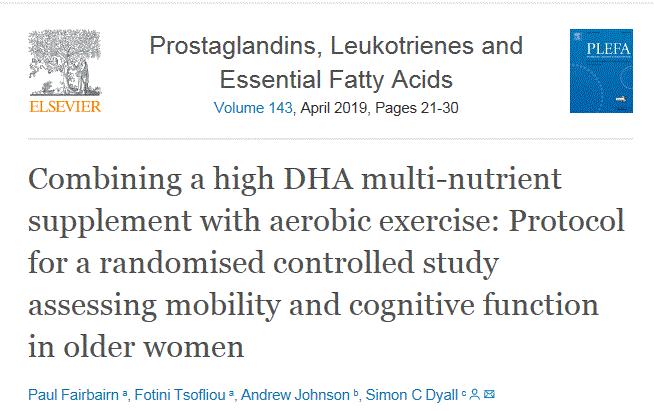











 Public Engagement Opportunity: Share your research with the public at Café Scientifique
Public Engagement Opportunity: Share your research with the public at Café Scientifique Apply for up to £1,000 to deliver an event and take part in a national festival of public engagement with research
Apply for up to £1,000 to deliver an event and take part in a national festival of public engagement with research Fifteen years at BU
Fifteen years at BU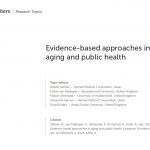 New eBook published in April
New eBook published in April MSCA Postdoctoral Fellowships 2024
MSCA Postdoctoral Fellowships 2024 Horizon Europe News – December 2023
Horizon Europe News – December 2023